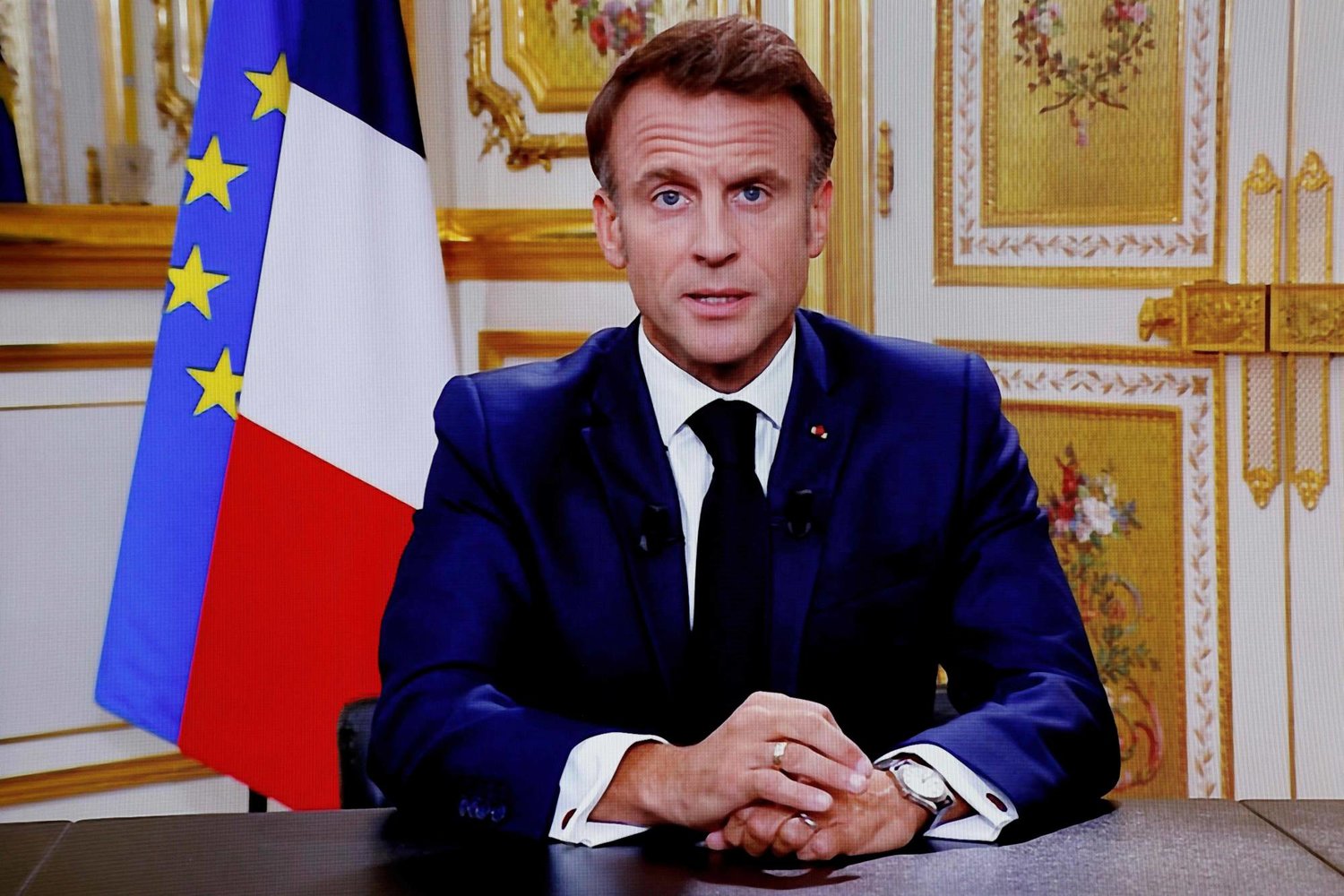European Centre for Counterterrorism and Intelligence Studies, Germany & Netherlands – ECCI.
Europe’s far right goes on the offensive
Le Monde – From Italy to Scandinavia and Germany, the far right is gaining electoral ground. In France, Emmanuel Macron is struggling to respond to offensives from right-wing parties on the subject of immigration, where European measures remain flawed.You can share an article by clicking on the share icons at the top right of it. The total or partial reproduction of an article, without the prior written authorization of Le Monde, is strictly forbidden.
he European elections won’t take place until June 2024 and many other issues are currently occupying the attention of most of the French population, including inflation, health and housing. But the preparations for these elections are revealing of the particular political climate this fall. The far right is on the offensive and it has already designated its leaders. The key players are Jordan Bardella for Rassemblement National (RN) and Marion Maréchal for Reconquête!
Their objective is the same: to transform the June 9 European election into a mid-term national election, the outcome of which will structure the post-Macron presidential election in 2027. Both competing and complementary, the two parties are vying for the spoils of the right by focusing almost exclusively on the issue of immigration.
Feeling like hunted prey, the conservative Les Républicains (LR) party is turning up the heat on the government, which has introduced a bill on the subject but doesn’t know how to get it passed. Initially conceived as a balanced piece of legislation designed to facilitate the implementation of obligations to leave French territory, while promoting integration through work, it is the subject of a form of one-upmanship that is not about to end.
Like the far right, the LR is calling for the abolition of the system for granting residence permits in labor sectors under pressure. In a more significant development, it is also calling into question a number of European treaties and provisions which, in its view, restrict national capacities for action, and is demanding a referendum to achieve this.
This offensive is taking place in what is at present fertile political soil: From Italy to Scandinavia to Germany, the far right is gaining electoral ground by pushing identitarian sentiment against a backdrop of global unrest. In the European Parliament, the conservative right opposition appears less and less solid. At the European Commission, the momentum that marked the start of Ursula von der Leyen’s term of office is running out of steam with the announced departure of various commissioners.
A serious warning
European bodies have no reason to be ashamed of their record in terms of responding to the pandemic, supporting Ukraine, backing the green transition, regulating digital technology and realizing that continental sovereignty needs to be built. But they have been weakened by the tougher global environment, which has exacerbated the need for protection and inflames nationalism.
For French President Emmanuel Macron, this far-right stance must be taken as a serious warning. Until now, he has had no trouble articulating the concepts of national power and sovereignty within the framework of the European Union, in order to maintain his advantage on the European stage. This time, he is struggling to respond to the triple offensive of LR, RN and Reconquête! on an issue where European measures remain flawed. His Renaissance party has been no help. It is not yet engaged in the European campaign and has not even designated its head participant.
To counter the rise of the far right, the left is in an even more uncomfortable position. Divided on the European question and unable for the past year to engage in any fundamental work within the Nouvelle Union Populaire Ecologique et Sociale (NUPES) left political alliance, its various components will present themselves scattered at this election, depriving themselves of any large-scale impact.
Following in the footsteps of both Europe Ecologie-Les Verts (the Greens), and the Parti Communiste Français (PCF), the Parti Socialiste (PS) agreed to the principle of an independent list, on Tuesday, but was unable to announce who would lead it. Standing alone, La France Insoumise (LFI) is paying the price for its radicalism.




